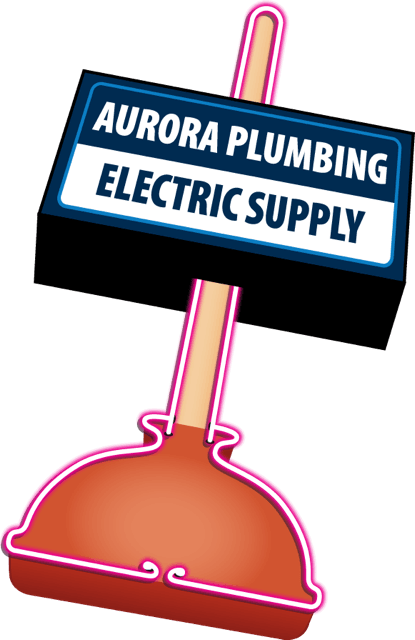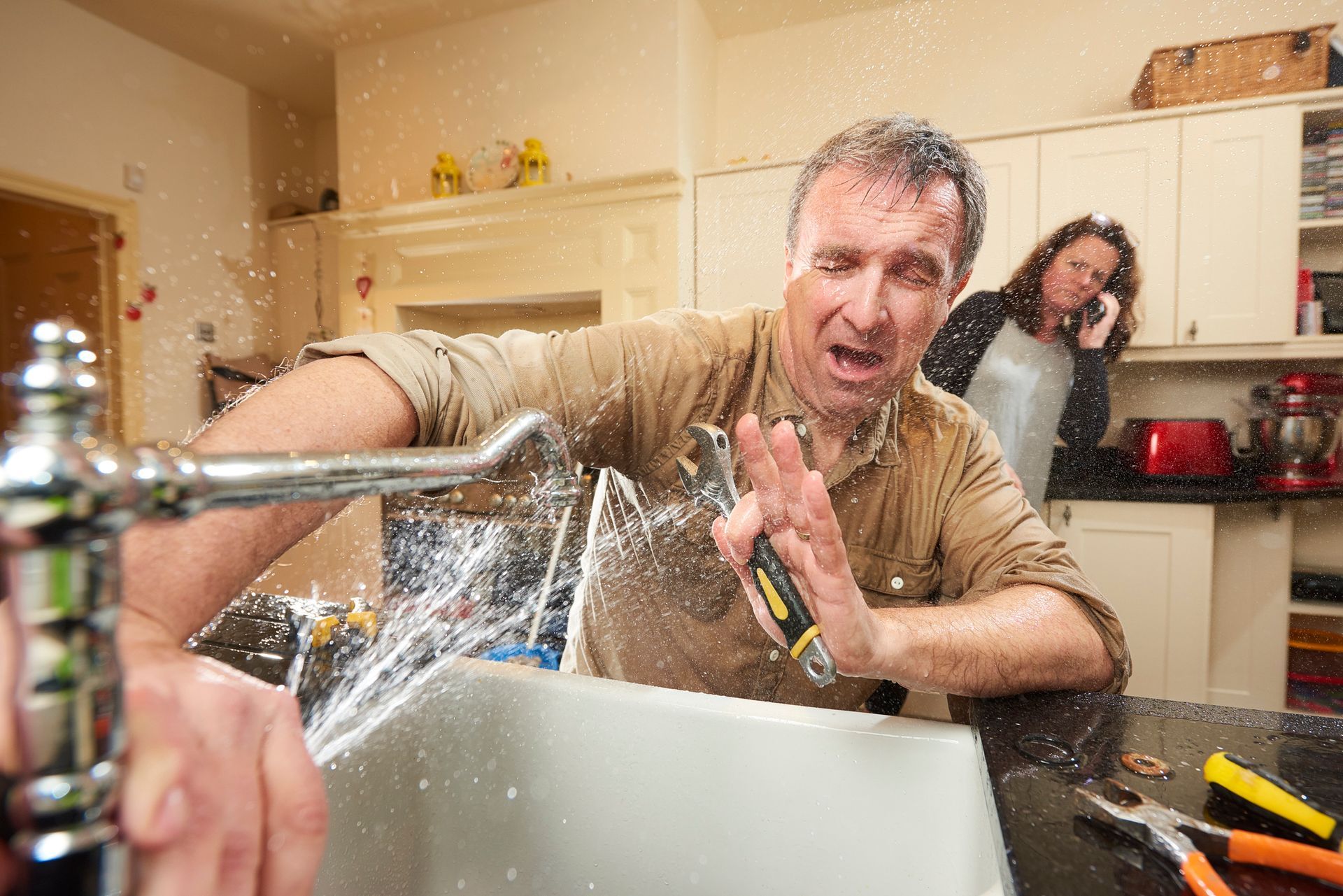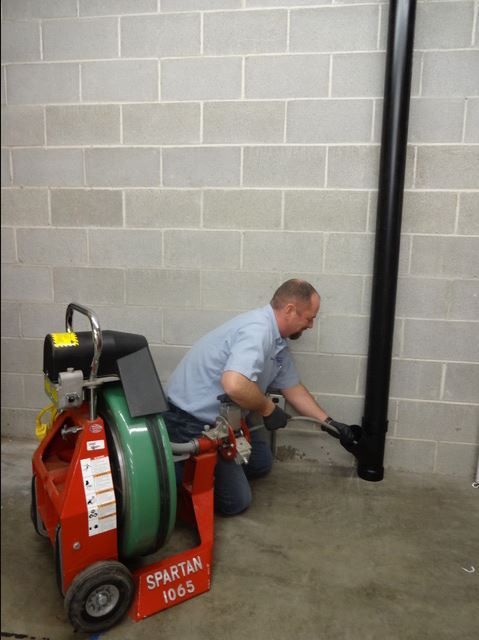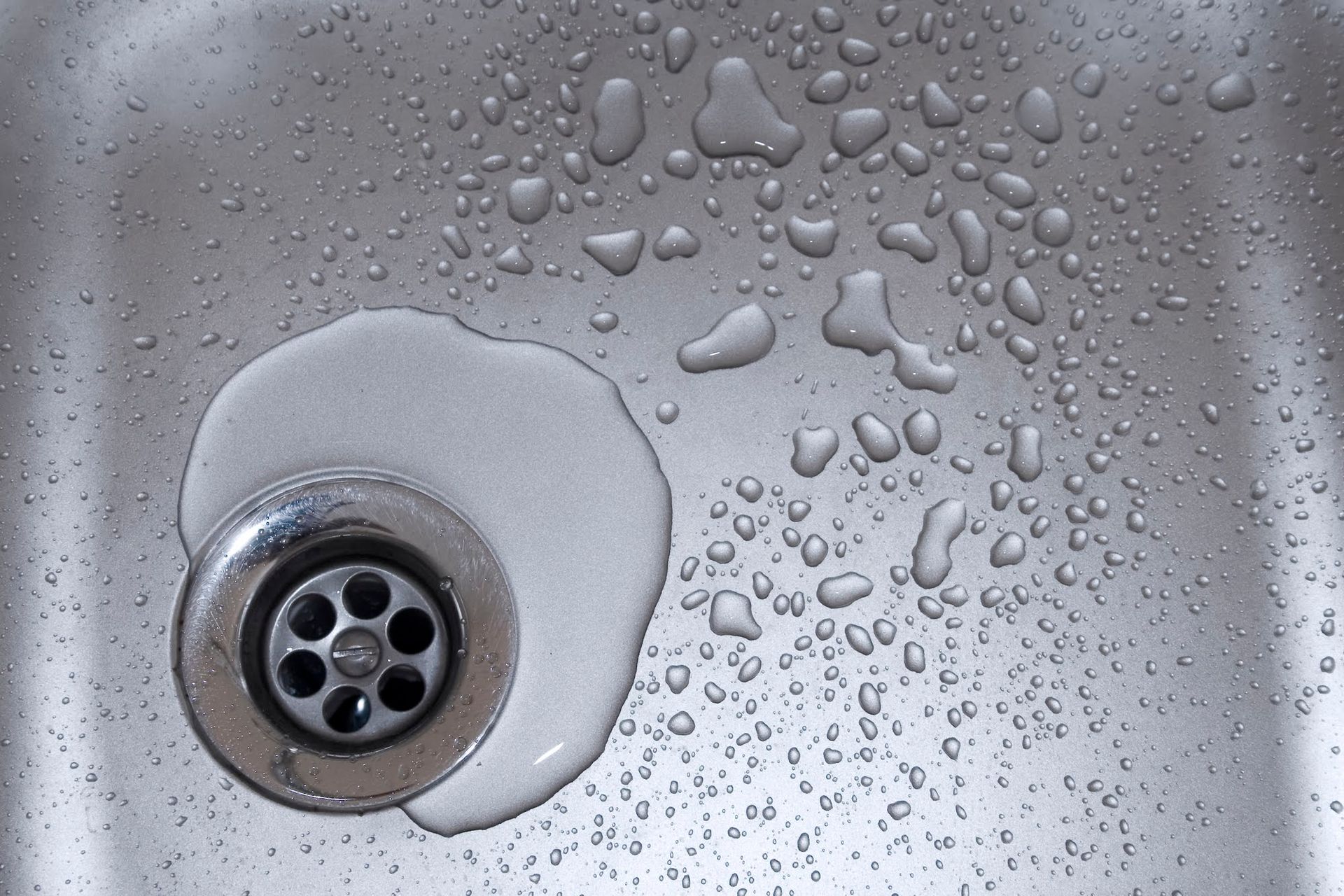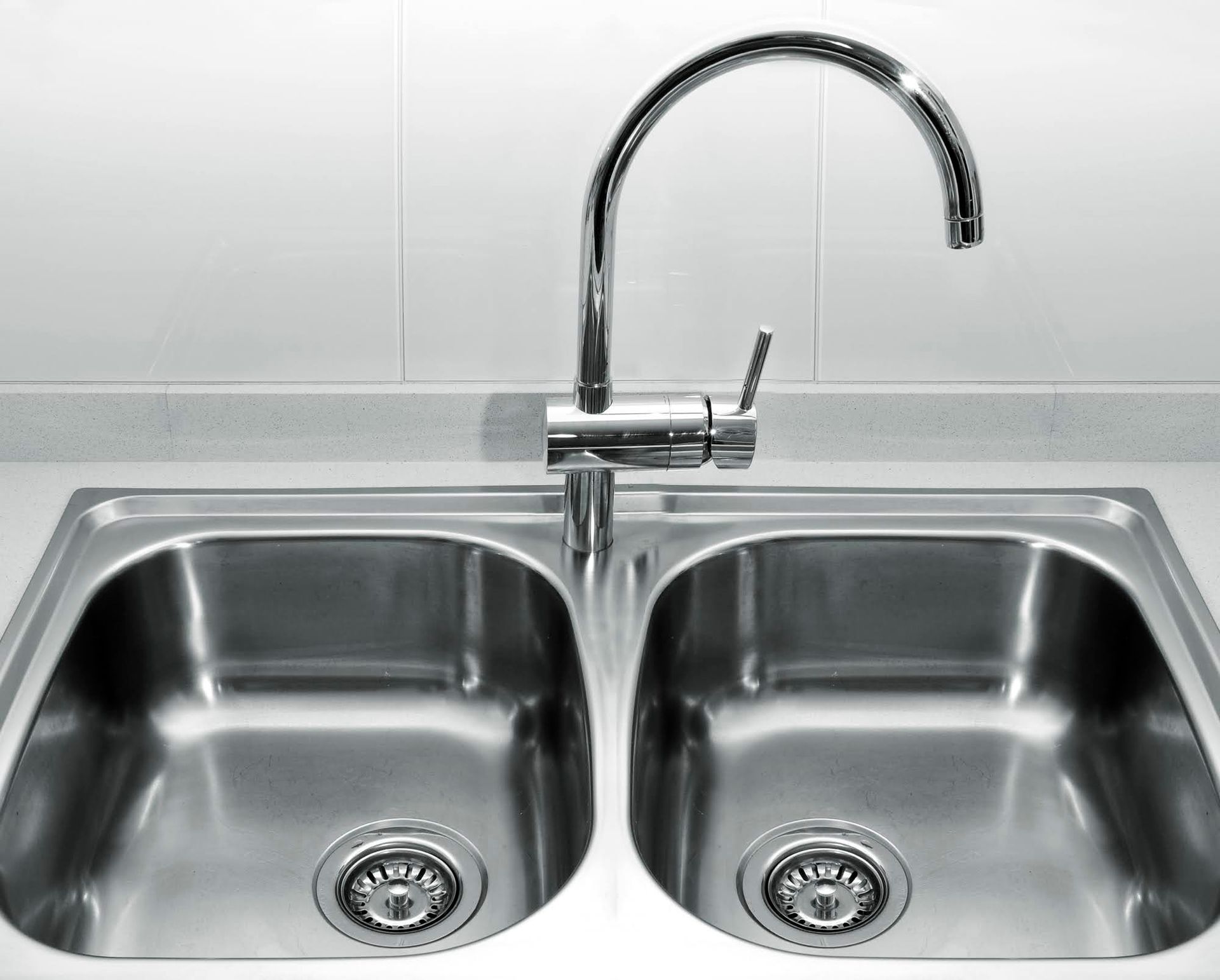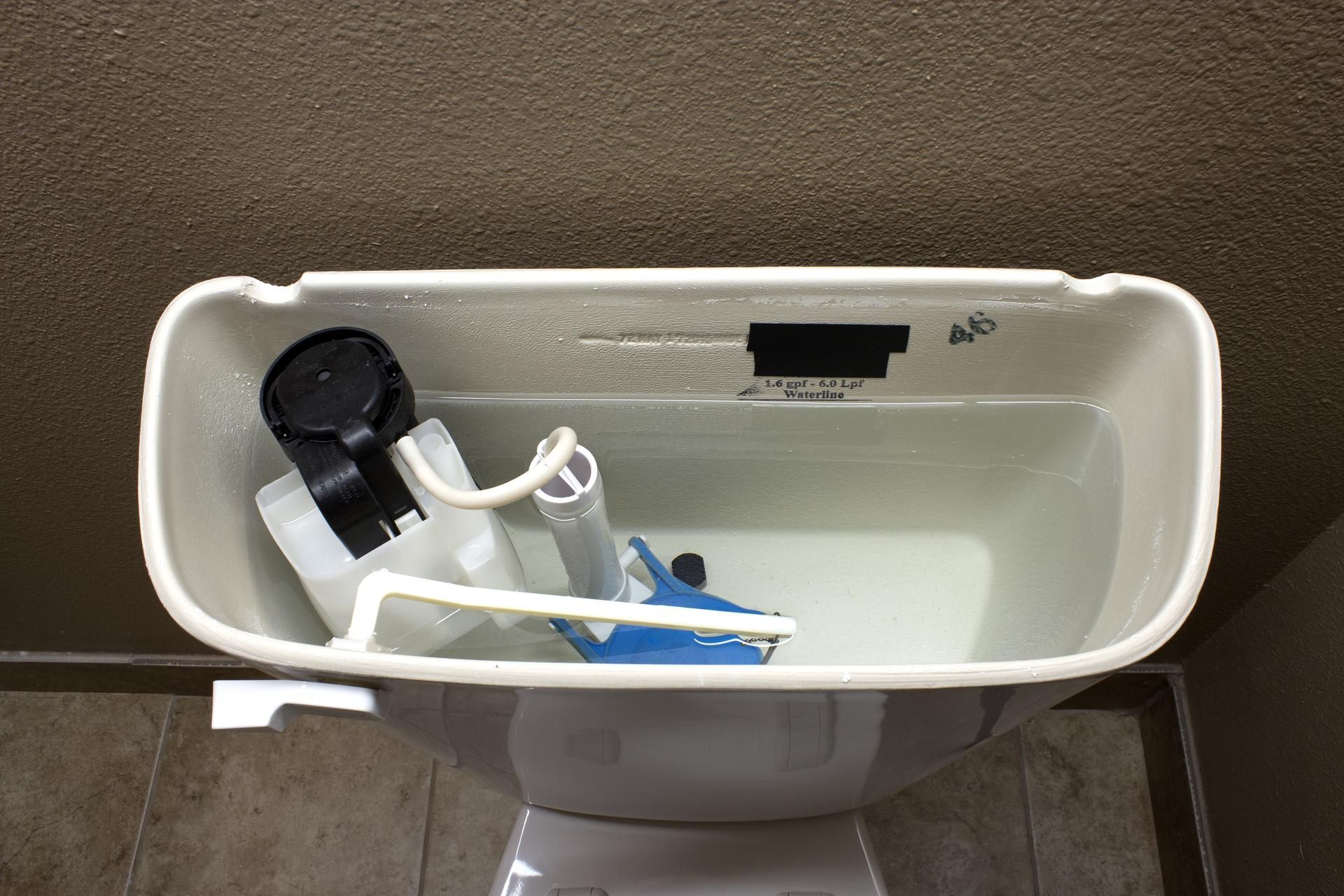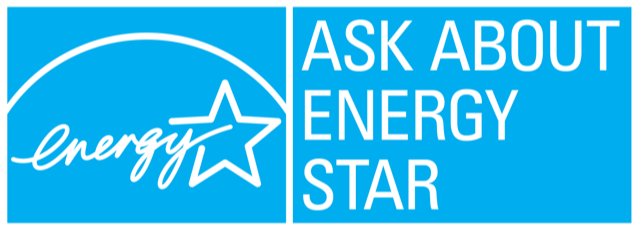10 Common Causes of Clogged Drains
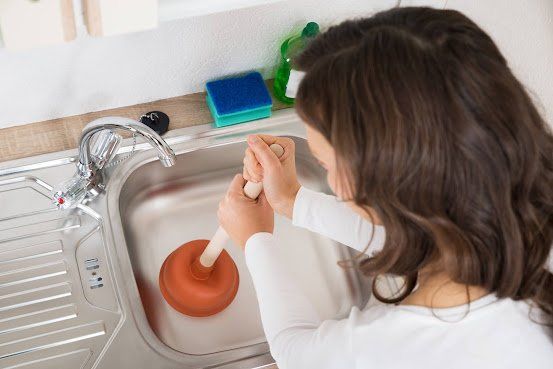
A clogged drain is a common plumbing problem that can manifest in several ways. Usually, drain clogging appears as a minor problem but gradually evolves into pipe blockage and other serious issues. The result is sewage backup, flooding, and corrosion in the house. To help protect yourself, understand the following common causes of drain clogs.
1. Hair
Human and animal hair is a leading cause of clogged drains. For instance, when you take a shower or use your bathtub, hair can fall from your body and block the washroom drain. Sometimes, the hair may tall into the bathroom sink and block it. Worst of all, it the hair mixes with grease and/or soap residue, a sticky substance will accumulate in your drains and block any water flow.
2. Tree Roots
Tree roots will grow toward sewer pipes to get moisture, particularly if the pipe has a crack somewhere along its length. While pipes in older homes are more susceptible to root invasion, the roots can also damage relatively new systems
3. Flushable Wipes
"Flushable" wipes are such a serious threat to drains and sewer lines that many cities have banned these wipes. The term 'flushable' is a marketing term designed to make you believe that it is safe for your home's drain system. It is not. 'Flushable' only means it will make it through your toilet. Once inside your drain lines, they can get caught on something and build up and create blockage. Your home's drain can only handle biodegradable paper, human waste, and water.
4. Hygiene Products
Most hygiene products are not biodegradable and have components that can attract clogging agents into the drains. Since they are not biodegradable, they should never be introduced to your drain system.
5. Soap
Soap buildup is common in bathroom drains, shower lines, and laundry areas. As it builds up, the pipe's diameter will reduce significantly. The result will be slow drainage and backups. Sometimes, the soap can mix with other substances to make hardened clogs.
6. Oil, Grease, and Fat
Grease and oil turn into solids in the pipes and lead to blockages. It is a myth that pouring hot, soapy water will clear grease blockages. The only method of clearing a grease clog safely is to have a professional run a cable with a grease cutter attached.
7. Broken Pipes
General wear and tear can cause pipes in your home to disintegrate and break. When a pipe breaks, foreign particles will find their way into the drainage system. These materials will take up space within the pipes and prevent effective liquid flow. These problems are difficult to diagnose unless the broken pipes are visible.
8. Food Waste
You may be tempted to put food waste in the kitchen sink, especially if your sink includes a garbage disposal unit. However, even if the garbage disposal unit exists, the food waste can still block the pipes. The usual culprits are large chunks of waste, such as eggshells. Other things that shouldn't go into your drain include coffee grounds, tea leaves, and fruit peels. Garbage disposals are there to help with 'some' of your food waste... not all your food waste. General rule of thumb: The more items you give your disposal to chew up and put down the drain, the more water you should use afterwards to help flush the food items down the drain.
9. Cat Litter
Your cat's litter contains silica, sand, and clay. If you flush the litter down the toilet, the material can cause drain blockage.
Drain clogs and sewer line blockages are serious problems that require the help of a professional plumber. Aurora Plumbing and Electric provides timely and affordable plumbing solutions for commercial and residential areas. Contact us to get a quote.

